The government of El Salvador hides information on bitcoin purchases. What is the reason for this secrecy?
The Development Bank of El Salvador (BANDESAL) has for the second time refused to publish a report on BTC purchases and sales to the state budget. This was announced on Twitter on the page of the Anti-Corruption Legal Advisory Centre of El Salvador (ALAC). As a reminder, it is the Development Bank of El Salvador that manages the funds through which the government buys crypto and finances related projects. So why the secrecy?
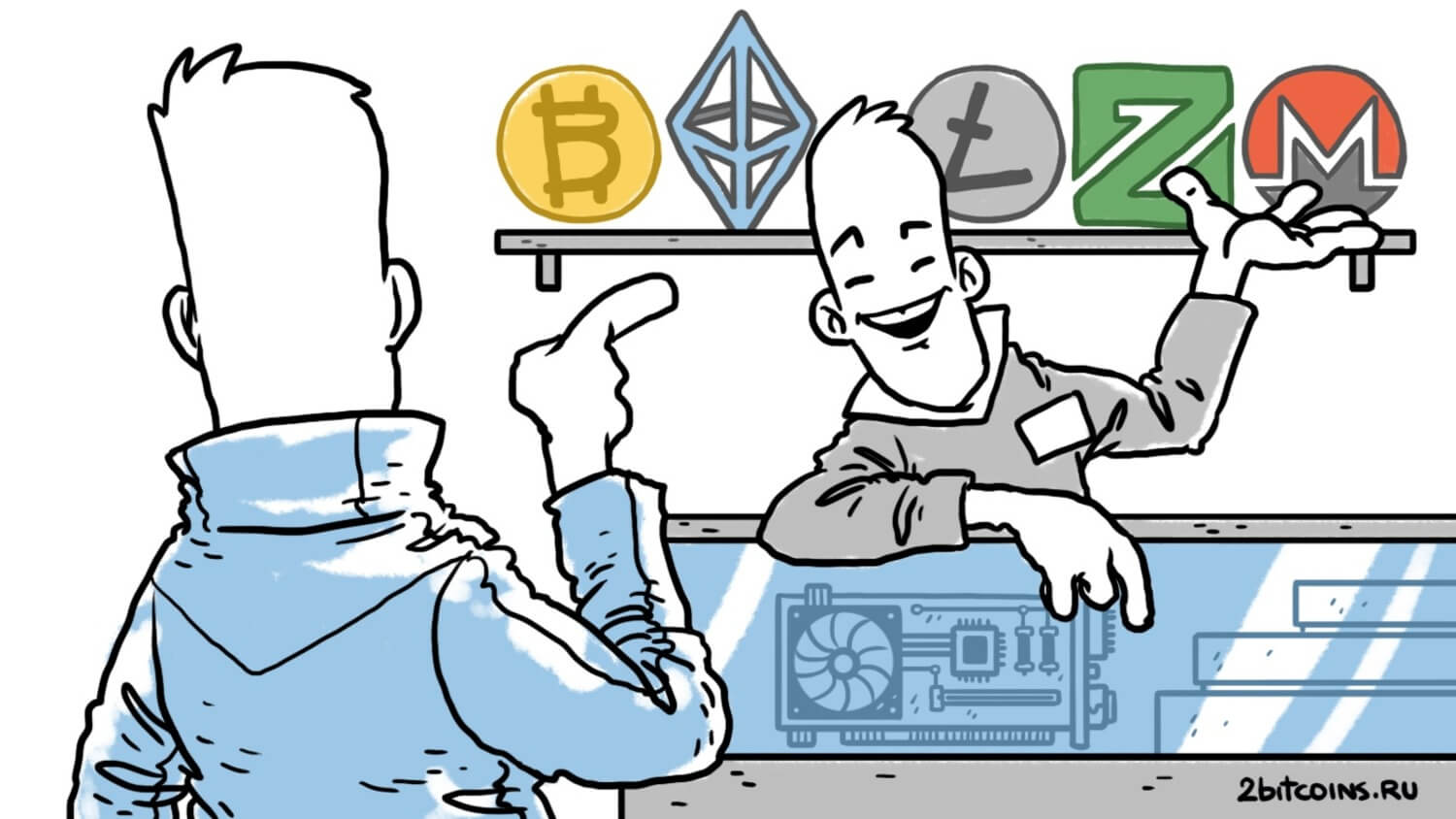
The government of El Salvador made its first purchase of 400 bitcoins on September 6, 2021 – the day before the cryptocurrency was recognized as legal tender in the country. However, all information about the transactions was taken from the tweet of the country’s president, Nayib Bukele, who traditionally reports on the purchases. It looks like this – along with the amounts and even the drawdown of each investment to date.
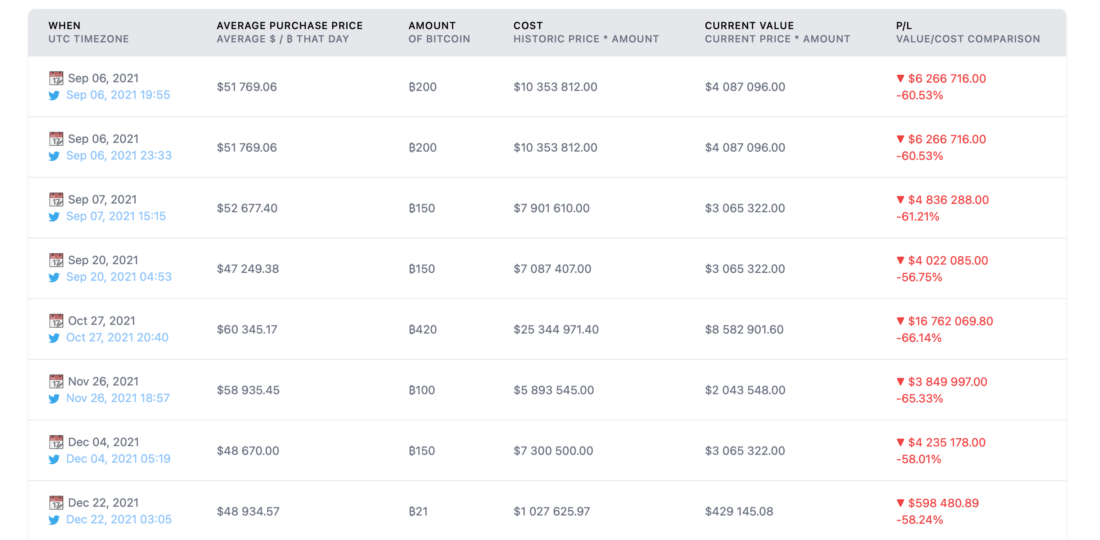
Bitcoin purchases by the Salvadoran government
Now local activists wanted to verify the information voiced at the official level. But for some reason, they received a denial.
How are bitcoins bought in El Salvador?
Bitcoin was made official tender in the country in September 2021. Shortly before that, BANDESAL created a $150 million trust fund called FIDEBITCOIN. So far, the entire process of regulating financial flows in this area has remained hidden from the public – and largely thanks to the efforts of El Salvador’s Development Bankf.
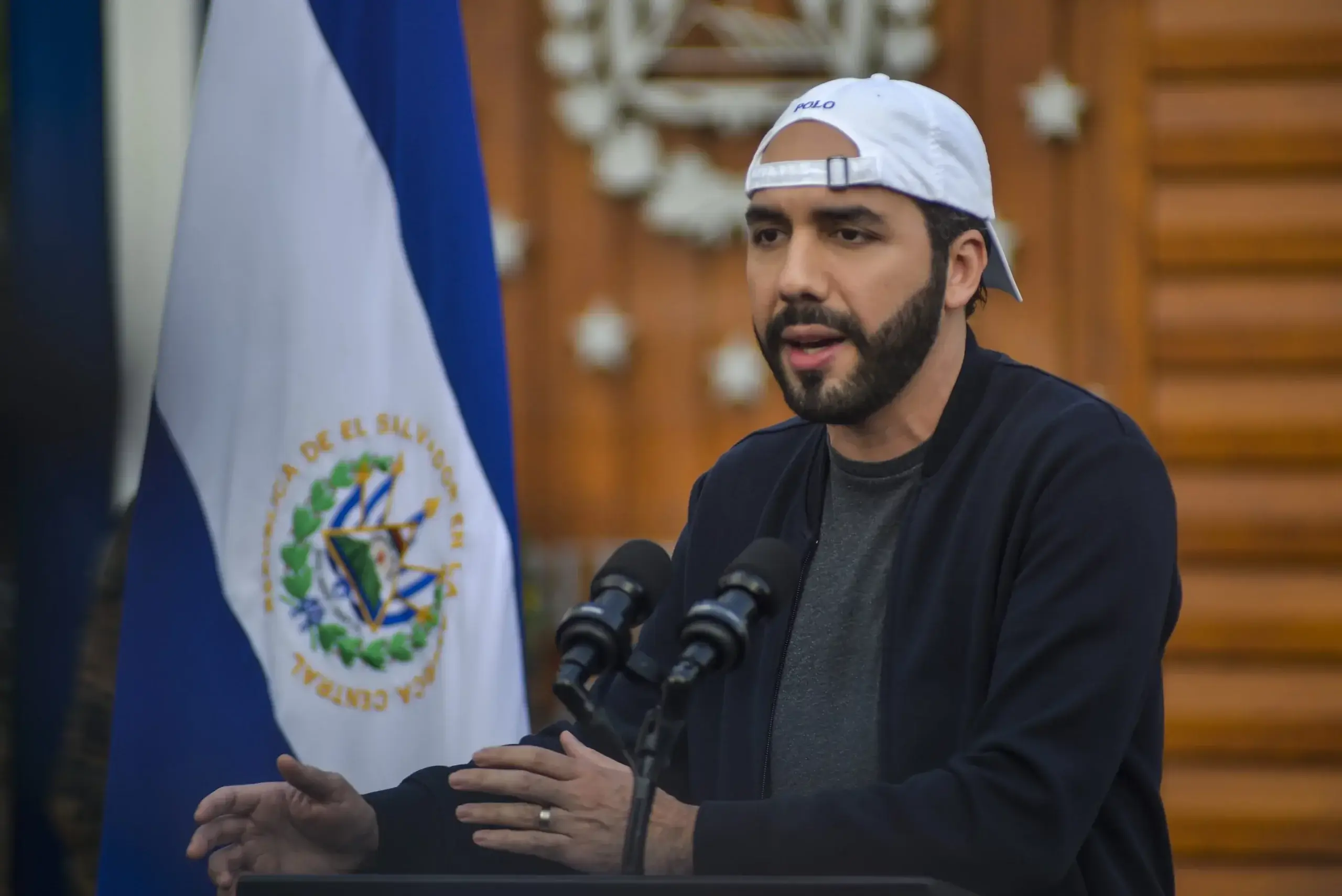
El Salvador’s President Nayib Buquele
According to CryptoSlate sources, ALAC has demanded information from El Salvador’s Development Bank on the basis of fiduciary obligations, including the date and amount associated with bitcoin purchases and sales, when the FIDEBITCOIN board approved the transactions, the current FIDEBITCOIN account balance, cryptocurrency wallet addresses and balances of other accounts used by the government. In other words, a lot of data was requested.
Representatives of the Anti-Corruption Legal Advisory Centre also demanded the disclosure of information regarding the government’s cryptocurrency purchase process and the exchanges involved in the process, as well as the value of public funds the government used to buy BTC and support Bitcoin-related projects. In a statement of denial, the Development Bank of El Salvador rejected ALAC’s request on the grounds that private information held by the government is confidential and public access to it is prohibited by the constitution and the law.
The secrecy is likely due to the failure of Salvadoran President Nayib Buquele’s strategy – it was he who actively promoted the adoption and purchase of Bitcoin in the country. According to Nayib Bukele Portfolio Tracker, the government has spent more than $107 million in total on BTC purchases to date.
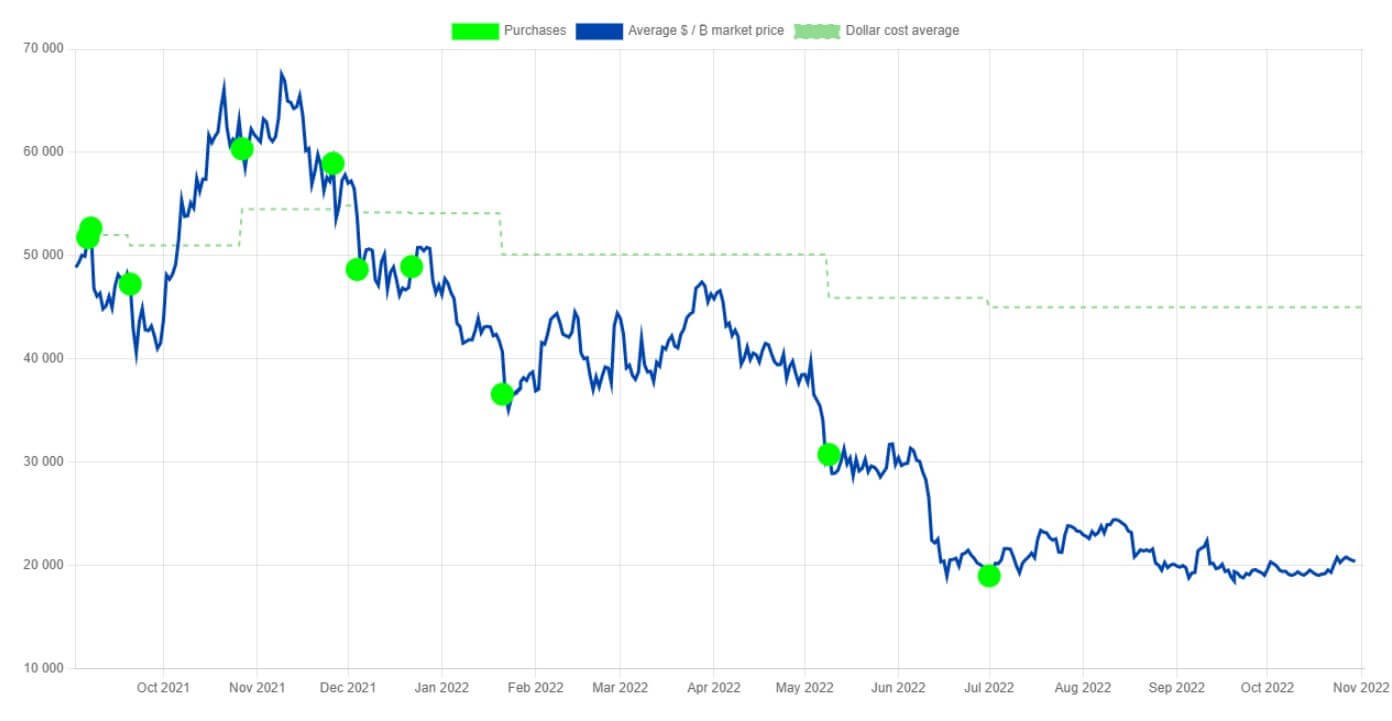
Green on the BTC price chart indicates rounds of cryptocurrency purchases by the Salvadoran government
Due to the prolonged bearish trend, the crypto accumulated in reserves has lost around 60 million in value. Although some media outlets claim that the Salvadoran government could have actually spent a lot more on its venture, which means the losses could be even higher. Note that the losses so far remain unrealised and “only on paper” – if the BTC exchange rate rises significantly in the future, the country could close bitcoin deals in the black.
😈 MORE INTERESTING STUFF CAN BE FOUND ON US AT YANDEX.DEN!
And China, unlike El Salvador, is actively promoting its own digital currency. The head of China’s central bank, Yi Gang, in his recent speech at the Hong Kong Fintech Week event spoke about the progress in developing a digital yuan, Cointelegraph reported. He said the project is positioned as an alternative to cash in China, a country with a mature digital payment infrastructure. He also emphasised the privacy of the new currency.
It is a two-tiered payment system that will provide users with controlled anonymity. At the first level, the central bank supplies digital yuan to authorised operators and only processes information on inter-agency transactions. At the second level, the authorised operators collect only the personal information needed to provide RMB exchange and circulation services to the public. Here is Ghana’s quote in this regard.
We understand that anonymity and transparency are not black and white and there are many nuances that need to be weighed carefully. We need to find the right balance between protecting privacy and combating illegal activities.
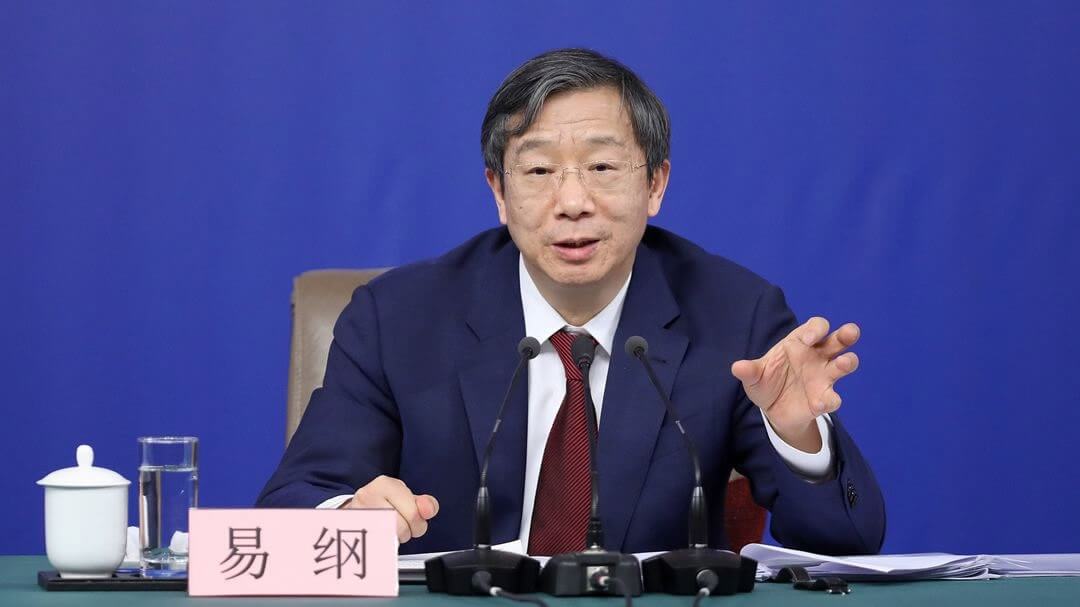
Governor of the People’s Bank of China Yi Gang
The official promised that data will be encrypted and stored, and personal sensitive information will be anonymised and not shared with third parties. Users will also be able to make anonymous transactions up to a certain amount, and specialised e-wallets will be created to facilitate these transactions.
Should we believe Yi Gang’s words? It is unlikely that China is the one to implement a fairly anonymous digital currency project. On the contrary, it will serve as an additional tool to control the financial flows of the population in that country. Moreover, the digital yuan will be actively promoted at all levels – which is why the Chinese government got rid of “competitors” by banning Bitcoin mining as early as last year. That hasn’t stopped some Chinese miners from continuing their business underground, though.
We think the reluctance of Salvadoran authorities to disclose the costs of buying Bitcoin is quite strange. Firstly, they must have used money from the state budget to buy BTC, hence taxpayers' contributions. Secondly, President Nayib Bukele actively supports the first cryptocurrency, with blockchain and transfer transparency at its core. Accordingly, in this way the authorities are essentially speaking out against the ideals they purportedly espouse.
On top of that, it makes you question the accuracy of the BTC purchases reported by Nayib on Twitter. If they are the same as reported, then why the secrecy? We'd like to believe that we'll be able to get answers to all the questions listed.
Look for even more interesting news in our millionaires’ cryptochat. We will discuss other important news there as well.















